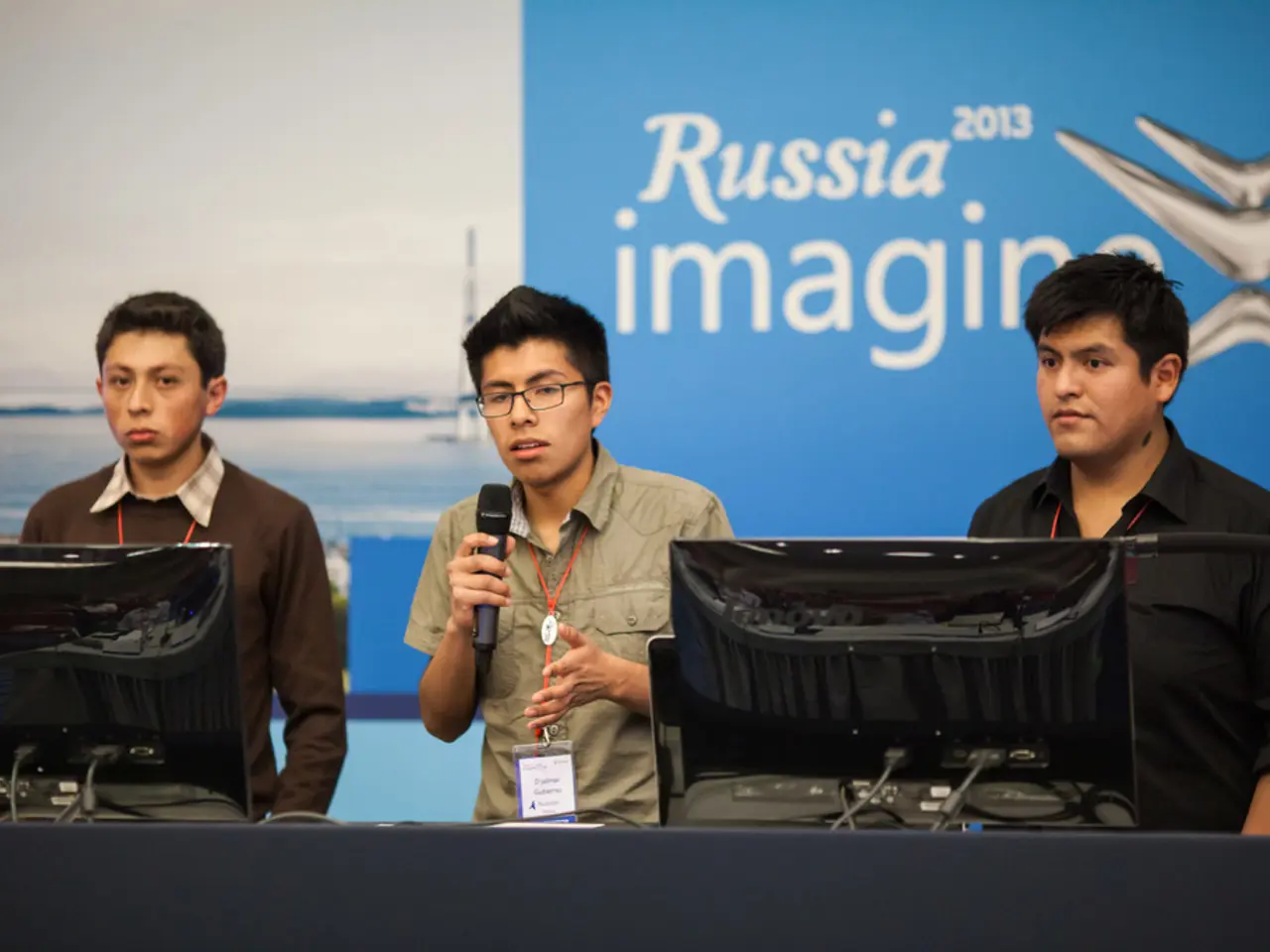Surveillance Through Super Apps: A Trend in China and Russia
In a move that has raised eyebrows across the tech world, Russia has introduced Max, a super app that aims to unify messaging, payments, digital identity, and public services. The developer of this ambitious project is VK, and it was officially released on March 26, 2025.
The son of Putin’s deputy chief of staff, Vladimir Kiriyenko, oversees Max, adding a political dimension to the venture. The app, which is designed to insert surveillance into the core of Russian civic life, comes at a time when Russia's economic stagnation and declining real incomes have increasingly undermined popular support for the Kremlin's legitimacy.
Max lacks end-to-end encryption and is designed to share metadata, calls, location, and activity with the authorities, opening the door to draconian surveillance. This has sparked concerns from Enrique Dans, a non-resident senior fellow in the Tech Policy Program at the Center for European Policy Analysis (CEPA). Dans has expressed that Max offers no meaningful privacy and positions itself as a tool of total state control.
In contrast, messaging apps in the US have yet to integrate payments and other services at scale due to privacy concerns. This highlights the stark difference in societal attitudes towards data privacy and integration of services between the two nations.
The success or failure of super apps reflects these societal attitudes. In China, WeChat has become a ubiquitous surveillance tool, integrating policing, citizen verification, and location tracking. Public acceptance of this trade-off is widespread, with many citizens willingly surrendering certain freedoms for convenience, efficiency, and economic growth.
However, in Russia, surveillance infrastructure is sophisticated, but its acceptance may be perceived less as modernization and more as the continuation of state dominance. No social compact equates technological control with prosperity, and public opinion towards democratic and economic reforms remains deeply ambivalent. Nostalgia persists in Russia, with 49% of Russians expressing a preference for the Soviet-era political system in 2021. Only 43% of Russians retrospectively approved of the transition to multiparty democracy after 1989, and just 38% supported the move to a market economy.
The long-term viability of Max will depend on whether it can deliver genuine utility (digital identity, frictionless payments, access to public services, etc.) without requiring citizens to surrender their privacy entirely to the state's scrutiny. Bandwidth, CEPA's online journal dedicated to advancing transatlantic cooperation on tech policy, will undoubtedly continue to monitor this development closely.
CEPA, which maintains a strict intellectual independence policy across all its projects and publications, has expressed concerns about the implications of Max on privacy and civil liberties. As the world watches, the success of Max in Russia could set a precedent for other nations considering similar super app initiatives.
Read also:
- AI Inspection Company, Zeitview, Secures $60 Million Funding for Expansion
- Future of Payments: If the U.S. regulates stablecoins through the GENIUS Act, according to Matt Hougan
- Ongoing trade friction as the American administration levies fresh import taxes on goods arriving from China
- High-Performance McLaren Automobile: McLaren Speedtail







